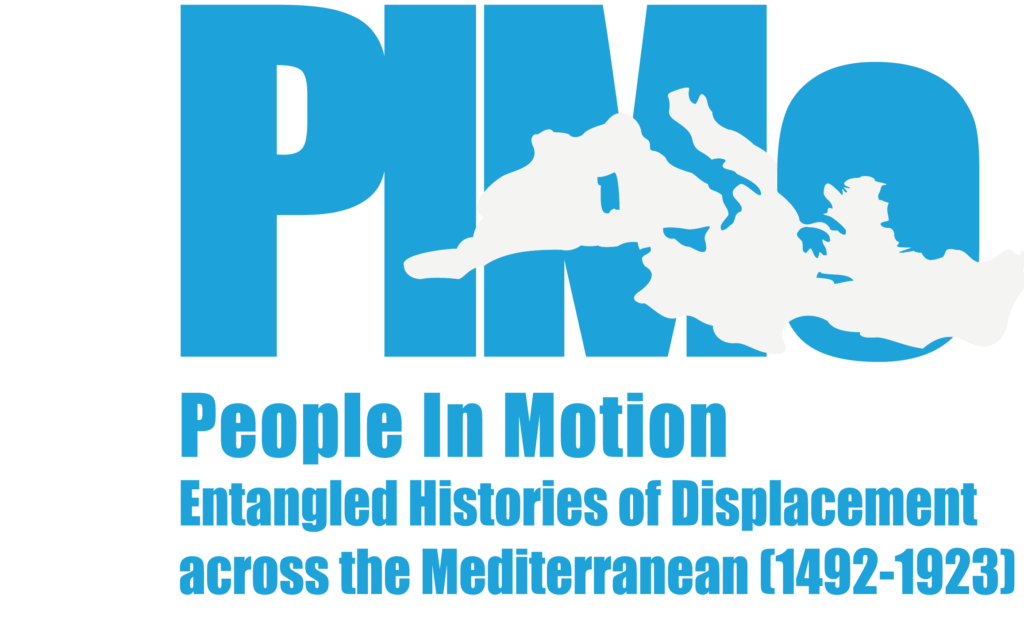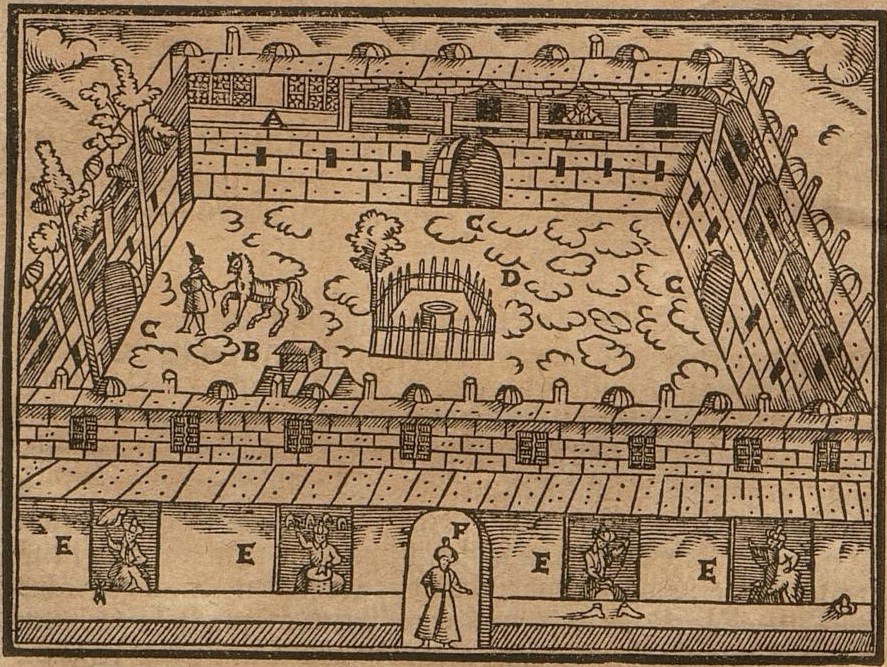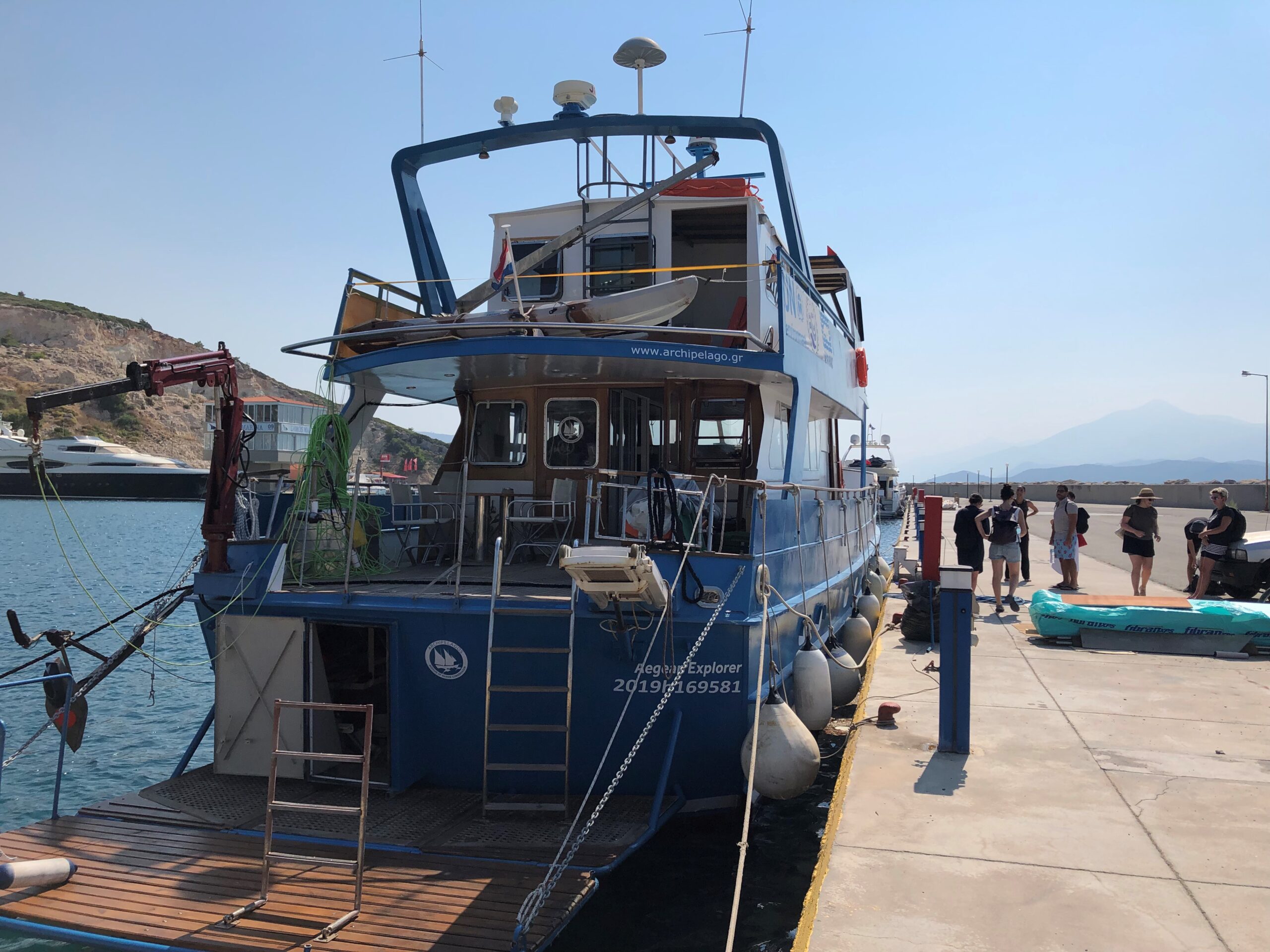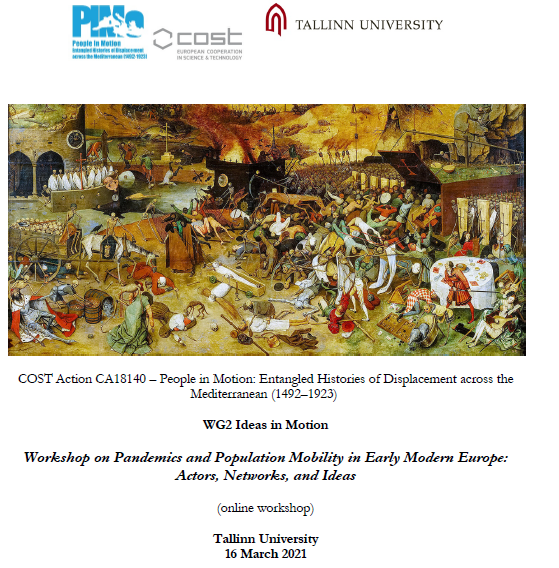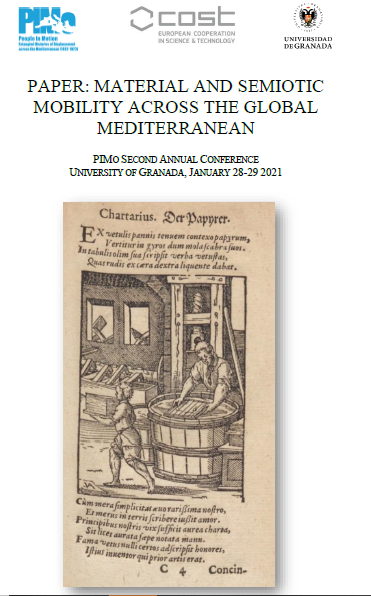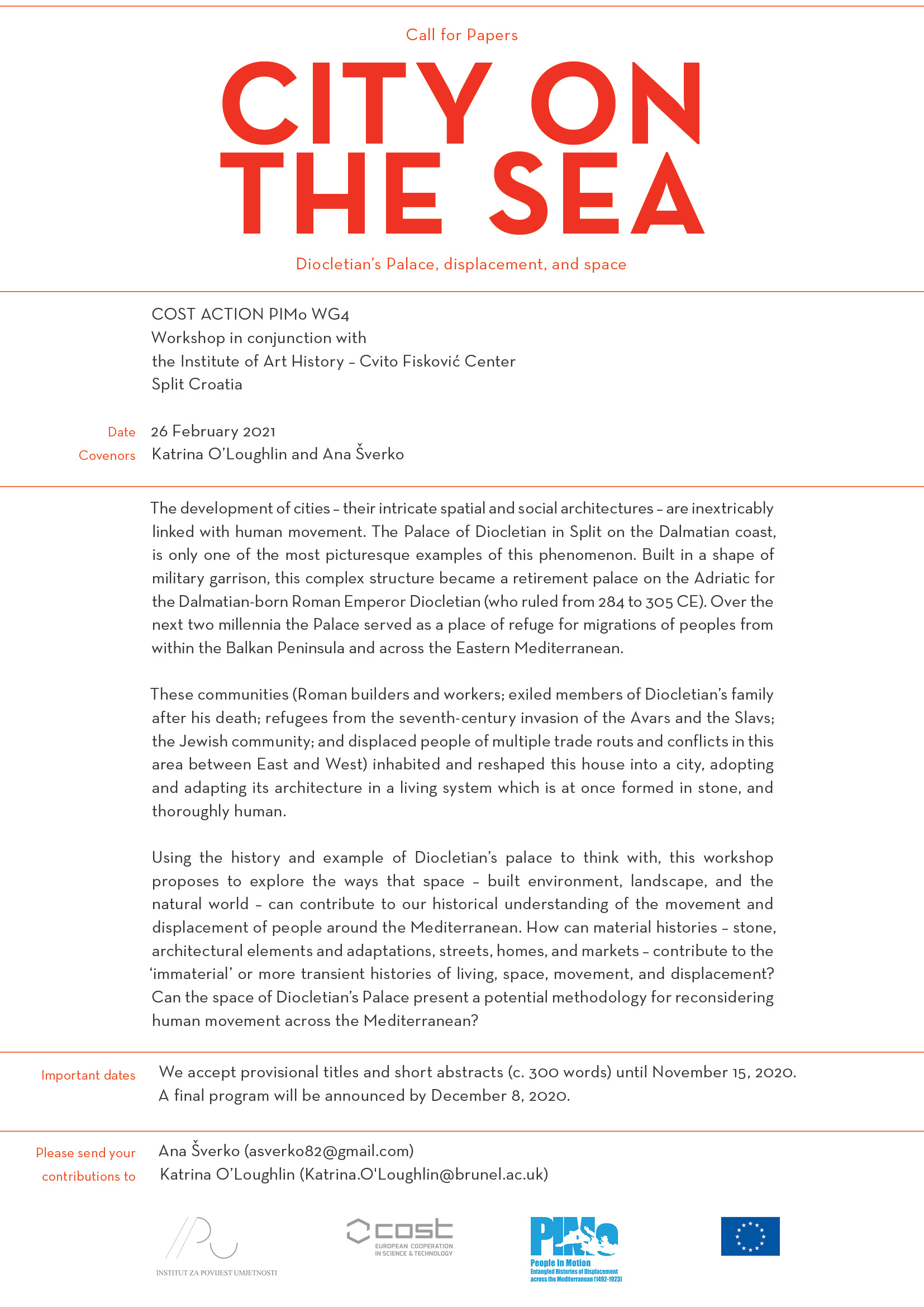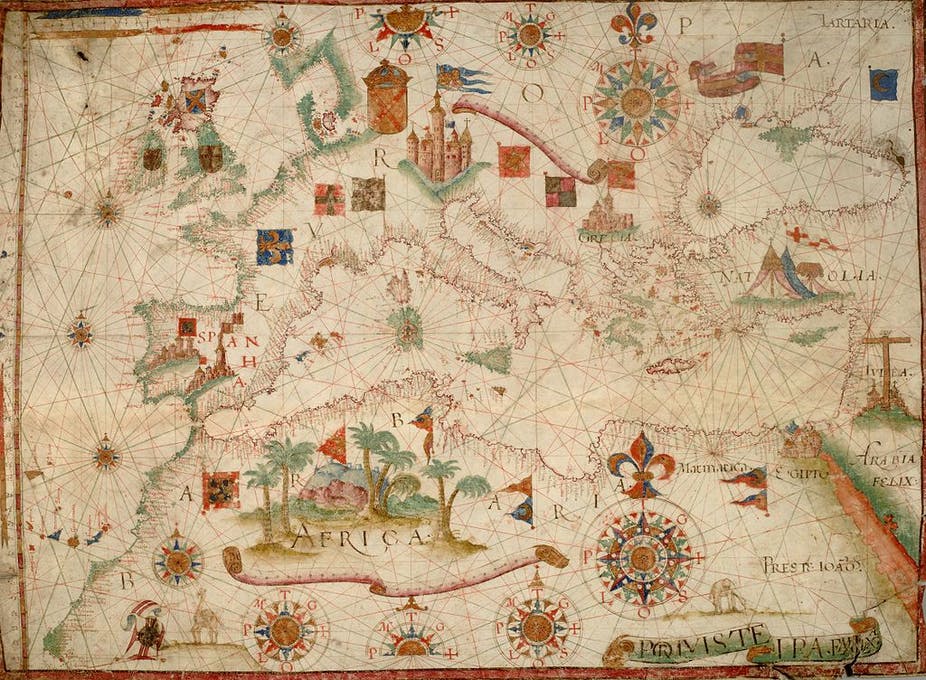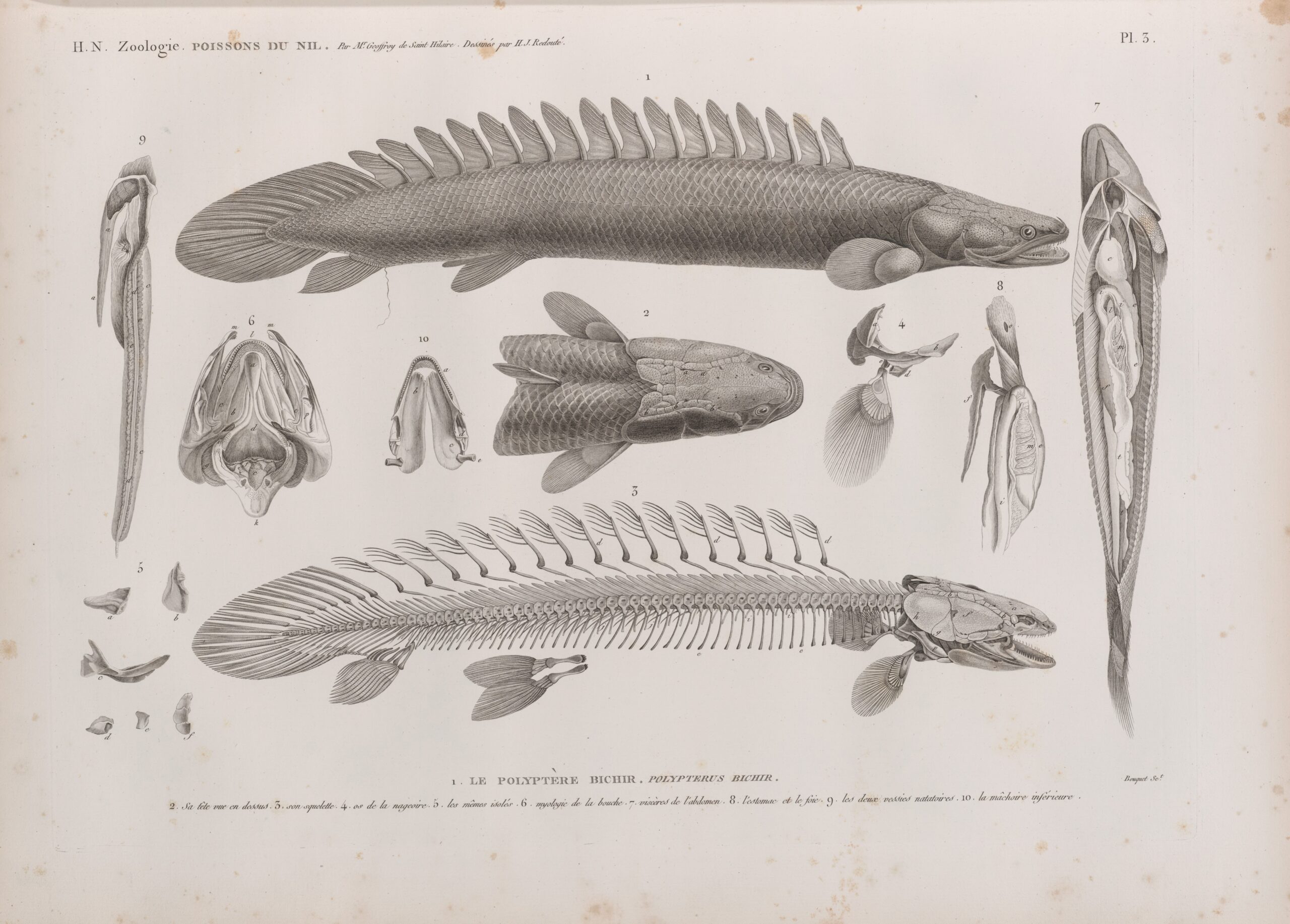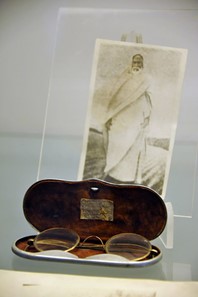Newsletter March 2021
PIMo Newsletter March 2021 Despite the ongoing complications arising from the public health crisis, the PIMo network has maintained a rich and diverse programme of activities throughout this year, continuing to facilitate the exchange of knowledge on the entangled histories of displacement across the Mediterranean. We are also delighted to announce that we will continue to support the production of research on this topic through our Short Term Scientific Mission grant scheme. We have just launched a new call for applications with a deadline of April 2nd for mission to be completed before September 30. Full details of this call can be found here: https://www.peopleinmotion-costaction.org/wp-content/uploads/2021/02/PIMO-STSM_GP2_2ndCall_2020-2021.pdf We continue to publish research material on our website, https://www.peopleinmotion-costaction.org/, and welcome proposals from potential contributors. Below you will find a short summary of some of our upcoming activities and the outputs we have produced in recent months. We thank you for your continued support for and engagement with PIMo and look forward to seeing you once we are in a position to return to holding face-to-face events. In the meantime, please do look at our ongoing work [...]


